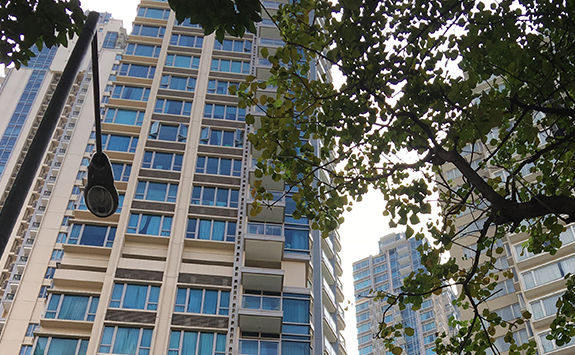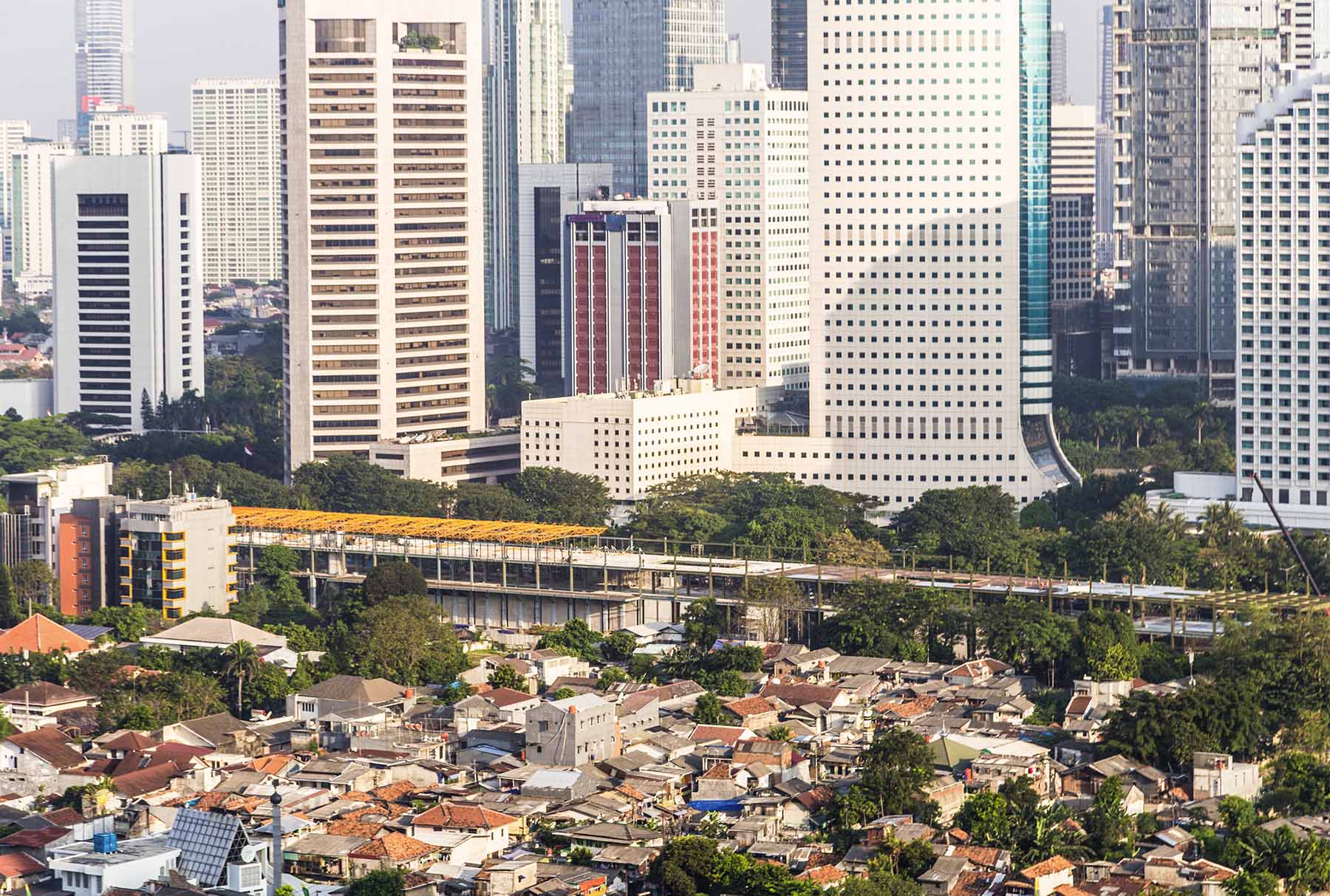The Good City Question
What is a good city? This is an age-old question without a definitive answer... yet!
By Prof Simin Davoudi
This is an age-old question going as far back as Plato’s description of the ideal city-state in The Republic, and probably earlier if we look beyond Western philosophies and traditions. It is a question that has attracted numerous answers from various commentators. As urbanisation around the globe is gathering pace, so is our curiosity about, and search for, what makes a city ‘good’. Urban scholars, policymakers and practitioners from diverse fields of expertise have developed criteria and indicators for defining and measuring the good city. A whole host of epithets have been constructed to capture the essence of a good city. Some foreground cities’ economic attributes such as competitive cities, global cities, innovative cities, and entrepreneurial cities. Others highlight cities’ social characteristics, such as just cities and inclusive cities. A third group focuses on cities’ physical features such as compact cities, walkable cities and 20-minute cities; and a fourth emphasizes cities’ environmental and health credentials such as garden cities, eco-cities and healthy cities. Focusing on how cities are governed, other labels are used such as well-run cities, democratic cities, and participatory cities. Finally, a few monikers have come to claim a catch-all definition of good cities such as sustainable cities, resilient cities, smart cities and caring cities.
Despite all these, there is not yet a definitive answer to the question: ‘what is a good city’. This is partly because both ‘city’ and ‘good’ are contested concepts. The former is analytically difficult to delineate and the latter is normatively problematic to define. It is not always clear where the urban ends and the rural begins, and the question of ‘what is’ often provokes other questions such as, good cities for whom and who gets to decide? Another complication arises from the dynamic nature of the notions of city and good. Cities, however defined, are not fixed entities, frozen in time. They are constantly being made and remade. Thus, they might be perceived as good at one point in time but not in another. Similarly, our understanding of what is ‘good’ and ‘bad’ changes over time reflecting our changing value systems. So, do all these complications mean that we should give up asking the question; and if not, what do we hope to achieve; what can be added to what has already been said and done about good cities?

Our motivation to revisit this age-old question is based more on invoking more questions rather than finding definitive answers. It is more about disrupting taken-for-granted assumptions and provoking dialogues among diverse groups of people who are interested in, and concerned about urban life. Our aim is not to arrive at a single, all-encompassing definition of what constitutes a good city, but to provoke debate, listen and learn from diverse perspectives and lived experiences, re-imagine what makes a good city for whom, and raise the level of our ambition about how we might pursue it.
Revisiting this question is particularly pivotal at the time when we seem to be coming out of a global pandemic and into a transitional phase riven with challenges. We saw how the pandemic-induced lockdowns deprived cities of citizens and public spaces of social encounters. They reminded us that without people there are no cities. At the same time, the pandemic foregrounded new relations of care / uncare and made us reflect on how we define a good city. In our ongoing work, we aim to focus on care, as a potentially transformative concept, to further unpack the question of what is a good city.
If you are interested in exploring the interrelationship between care, good and the city, please get in touch. We look forward to hearing from you.
